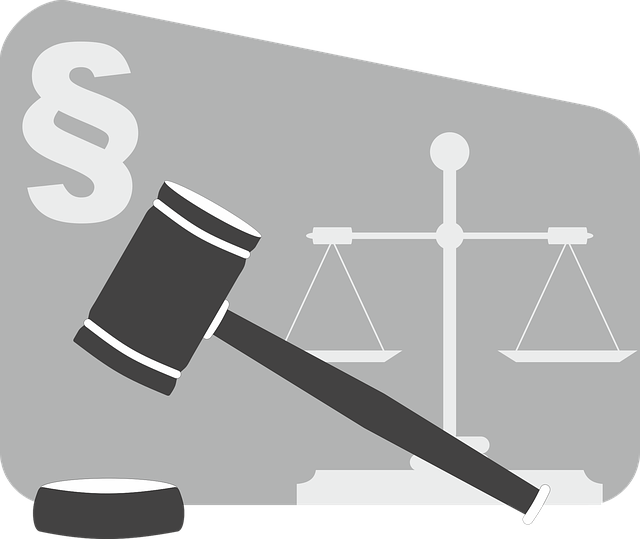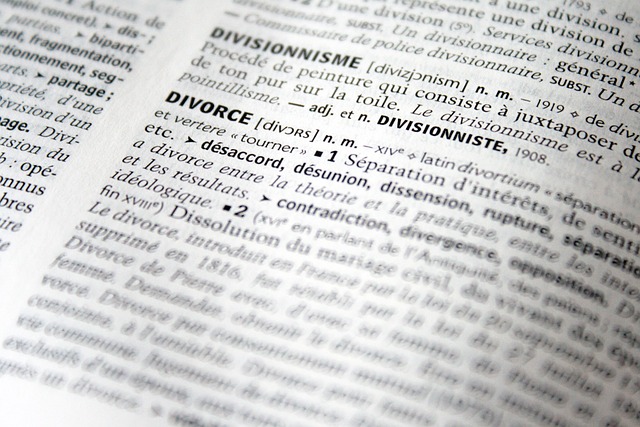Corporate Crime Investigations tackle employment law violations, aiming to deliver justice and uphold ethical standards. The Settlement Process for Employment Law Cases is a swift alternative to litigation, saving time and costs while achieving favorable outcomes. This process involves meticulous evidence gathering, factual analysis, and strategic negotiations, balancing misconduct severity, financial resources, and reputational risk. Companies should proactively develop strategic responses, enhance governance, implement stricter ethics, and provide training to mitigate risks. A comprehensive strategy including internal controls, investigations, clear guidelines, and a culture of integrity is crucial for preventing and addressing corporate crime, with specific focus on managing the Settlement Process for Employment Law Cases.
Corporate Crime Investigations: Unraveling Complex Matters of Business Ethics. This comprehensive guide takes you on a journey through the intricate world of corporate investigations, settlement strategies, and prevention tactics. From understanding the nuances of employment law cases to deciphering key stages in inquiries, we offer valuable insights for businesses aiming to mitigate risks. Discover effective legal implications and best practices designed to foster integrity while navigating potential pitfalls. Uncover the essential steps to resolve disputes and prevent future corporate criminality through this insightful exploration.
- Understanding Corporate Crime Investigations: A Comprehensive Overview
- The Settlement Process: Resolving Employment Law Cases Effectively
- Key Stages in a Corporate Crime Investigation
- Legal Implications and Strategies for Businesses
- Best Practices for Preventing and Addressing Corporate Criminality
Understanding Corporate Crime Investigations: A Comprehensive Overview
Corporate Crime Investigations delve into complex and sensitive matters, particularly when employment law is involved. It’s a comprehensive process designed to uncover violations, ensure accountability, and provide justice. These investigations encompass all stages of the investigative and enforcement process, from initial report to the complete dismissal of all charges. By meticulously navigating legal frameworks and regulatory guidelines, investigators ensure fairness for all parties involved.
The settlement process for employment law cases plays a crucial role in these investigations. It offers an alternative to prolonged litigation, allowing for a more swift resolution. For his clients, this can mean significant time and cost savings while still achieving a favorable outcome. Ultimately, the goal is to uphold ethical standards within organizations and deter future misconduct through robust investigative measures.
The Settlement Process: Resolving Employment Law Cases Effectively
The Settlement Process for Employment Law Cases plays a pivotal role in resolving disputes efficiently and effectively. Once a potential violation of employment laws is identified, either through internal investigations or external claims, the next step is crucial—negotiating a settlement. This process involves careful consideration of several factors, including the severity of the alleged misconduct, the financial resources of both parties, and the potential impact on the company’s reputation.
For his clients, white-collar and economic crimes can be particularly complex and high-stakes cases. The Settlement Process allows companies to mitigate damages, avoid prolonged legal battles, and maintain a positive public image. By engaging in open dialogue with plaintiffs or regulatory bodies, organizations can reach mutually beneficial agreements that address the underlying issues while ensuring compliance moving forward. This strategic approach not only resolves immediate conflicts but also fosters a culture of ethical conduct within the company.
Key Stages in a Corporate Crime Investigation
Corporate crime investigations are multifaceted processes that require meticulous planning and execution. The key stages typically involve preliminary assessments, evidence gathering, factual analysis, and legal strategy formulation. During the initial phase, investigators assess the scope and potential implications of the alleged misconduct, often utilizing internal reports, financial records, and witness statements to identify patterns and anomalies. This stage is crucial for avoiding indictment and understanding the context within which the crime allegedly occurred.
As the investigation progresses, the focus shifts towards gathering tangible evidence that can support or refute the accusations. This involves sifting through documents, conducting interviews, and employing advanced forensic techniques. The analysis of this evidence is pivotal in piecing together a coherent narrative, which informs the legal strategy. Whether the case proceeds to trial, settlement negotiations, or alternative dispute resolution, understanding the nuances of corporate crime investigations can significantly impact outcomes, including the potential settlement process for employment law cases within philanthropic and political communities, where jury trials are often pivotal.
Legal Implications and Strategies for Businesses
In the event of a corporate crime investigation, understanding the legal implications is paramount for businesses aiming to mitigate risks and navigate potential consequences effectively. One key aspect is recognizing that criminal and civil liabilities often go hand in hand. While the goal might be to avoid indictment and secure a complete dismissal of all charges, businesses must also prepare for possible civil lawsuits, especially those involving employment law violations. The settlement process for employment law cases can significantly impact an organization’s financial stability and public image, making it crucial to have robust internal controls and compliance programs in place.
Businesses should develop strategic responses tailored to the specific allegations, focusing on not just legal defense but also on demonstrating proactive measures taken to prevent similar incidents in the future. This includes reviewing and enhancing corporate governance structures, implementing stricter ethical guidelines, and providing comprehensive training for employees at all levels. By addressing these issues proactively, companies can reduce the likelihood of facing criminal charges and employment law disputes across the country, ensuring long-term sustainability and a more positive business reputation.
Best Practices for Preventing and Addressing Corporate Criminality
Preventing and addressing corporate crime requires a multi-faceted approach that combines robust internal controls with a proactive investigation strategy. One of the key best practices is establishing clear ethical guidelines and promoting a culture of integrity throughout the organization. Regular training sessions on compliance, ethics, and risk management can empower employees to recognize and report suspicious activities. Additionally, implementing advanced surveillance systems and regular audits can help identify potential risks early on, allowing for timely intervention.
Effective investigation processes are essential in high-stakes cases, where avoiding indictment is paramount. A thorough settlement process for employment law cases, for instance, should involve a meticulous review of evidence, expert analysis, and strategic negotiations. Engaging with external legal experts and industry specialists can provide valuable insights into navigating complex regulatory environments and minimizing exposure to significant financial penalties and reputational damage. Moreover, integrating philanthropic and political communities in these efforts can foster accountability and contribute to building a more robust corporate governance framework.
Corporate crime investigations are complex processes that demand meticulous attention to detail and a comprehensive understanding of legal frameworks. By navigating the key stages, from initial reporting to legal implications, businesses can effectively prevent and address misconduct. The settlement process for employment law cases plays a crucial role in resolving disputes swiftly, while best practices ensure a proactive approach to fostering ethical conduct. Embracing these strategies is essential for maintaining integrity within organizations and upholding legal obligations.






